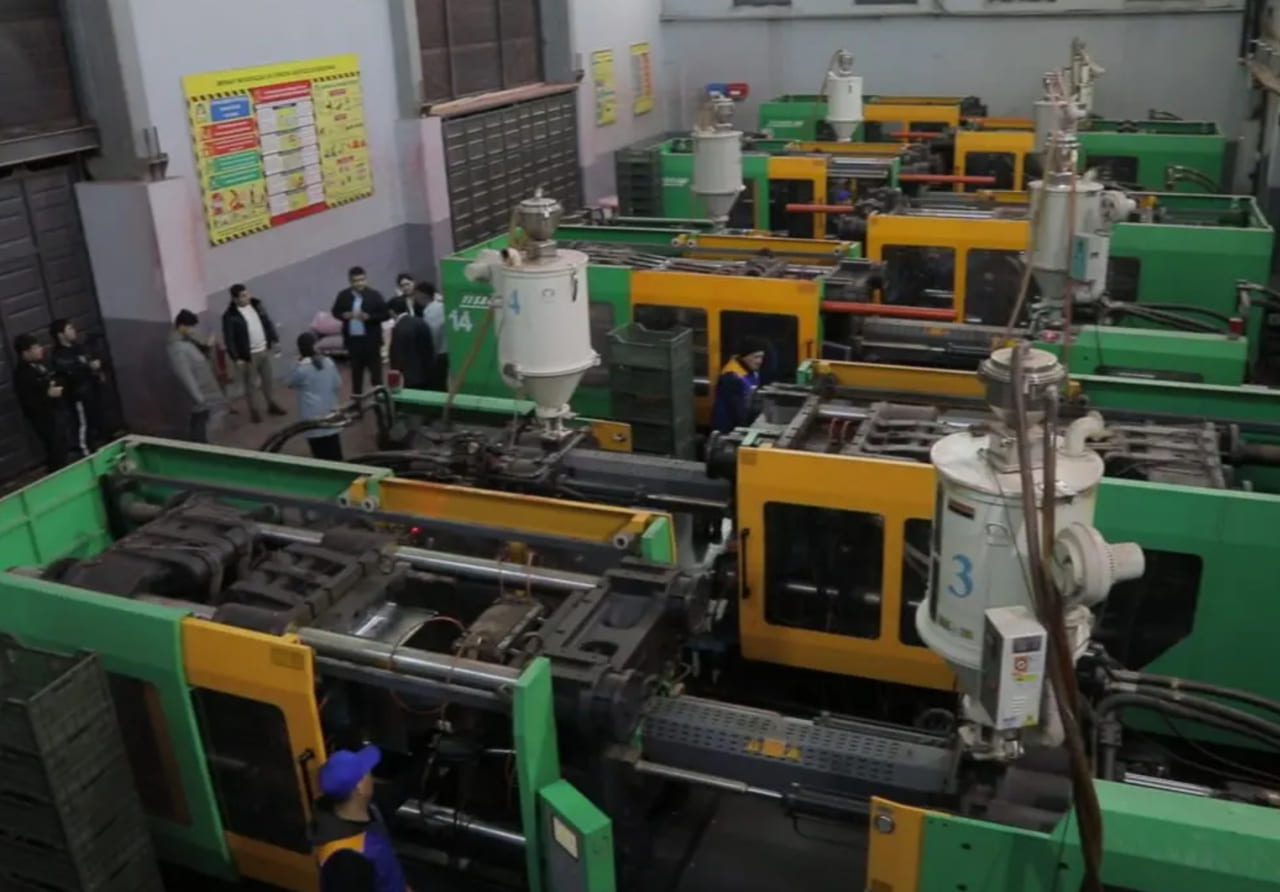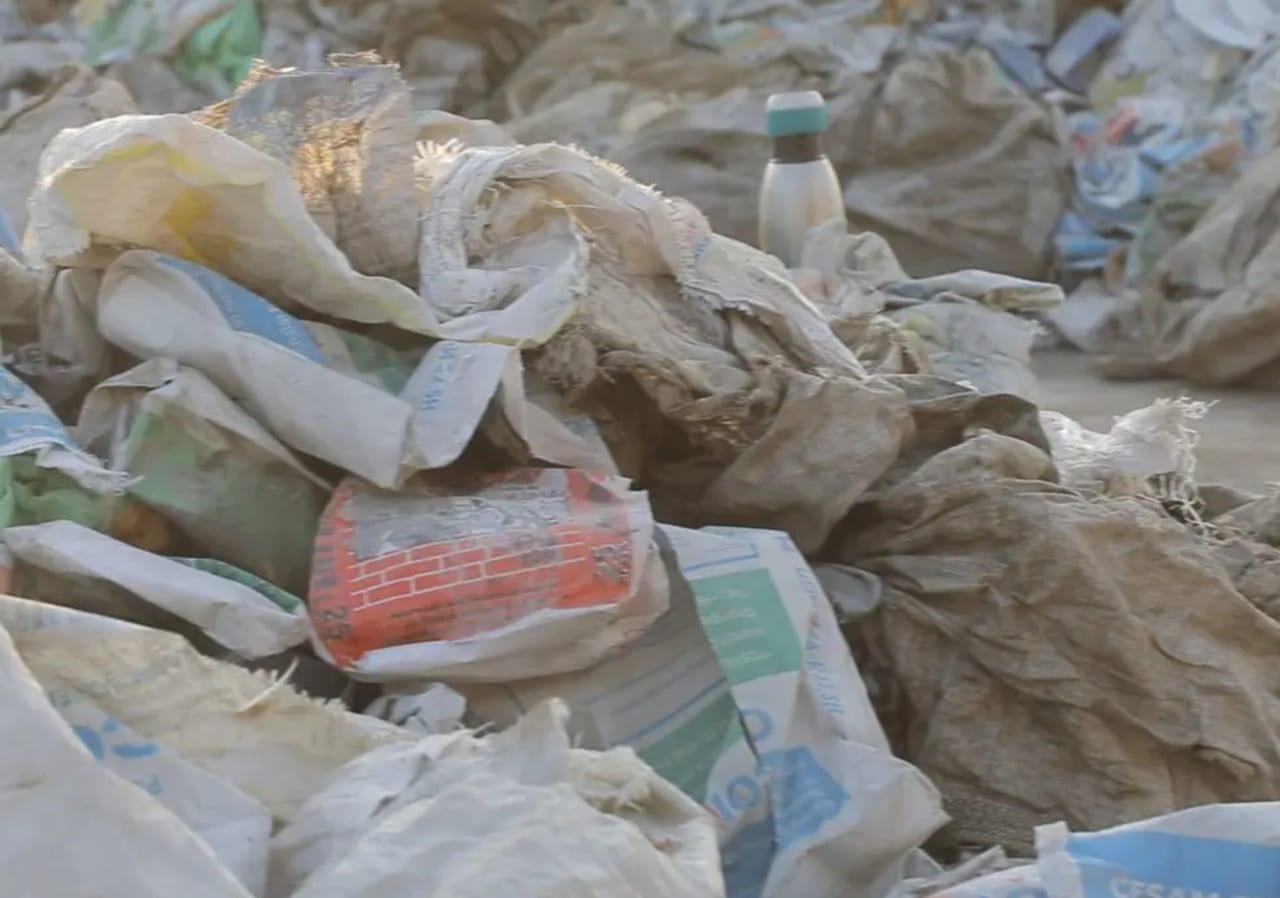Over the first half of this year, enterprises in Uzbekistan processed 270,000 tons of the 5.2mn tons of household waste generated annually. This has raised the country's recycling level to 5.2%, with more than 292 types of waste recycling activities taking place across the republic.

This growth reflects the country's expanding efforts to promote waste recycling and transform waste into valuable raw materials. Under the leadership of President Shavkat Mirziyoyev, Uzbekistan has been actively working to establish a system for handling household waste, converting it into electricity, and generating other useful products.
International partnerships have played a crucial role in these efforts. Investment projects with the United Arab Emirates, South Korea, and China have been signed to convert household waste into electricity. A notable example is a project by South Korea’s Seijin company, which is converting waste at the Akhangaran landfill into energy.
"66 public-private partnership projects have been implemented to support businesses involved in sorting and recycling household waste," said Nodir Sherkulov, a chief specialist at the Ministry of Ecology. "These enterprises collect waste from the population, which is then exported and processed."

The rise in waste recycling is also seen in the growing number of companies engaged in this sector. Toshkent Plast Polymer Enterprise is one such example, processing over 50 tons of waste daily. The enterprise produces 15 different types of products, including plastic boxes, pallets, corrugated cardboard products, garbage cans, and even car bumpers.
"Our company focuses on producing durable products from waste, paying particular attention to improving their strength and elasticity," said Dilmurod Khodjaev, director of Toshkent Plast Polymer.
Looking ahead, Uzbekistan plans to expand its waste-to-energy capacity. By 2027, 11 plants will be built across the country to generate electricity from burning solid household waste. These plants will process over 4.7mn tons of waste annually, generating 2.1bn kWh of electricity, reducing the number of landfills by five times, and saving 152mn cubic meters of natural gas. Additionally, 1,200 new jobs are expected to be created, while greenhouse gas emissions will be reduced by 2.4mn tons.
Follow Daryo's official Instagram and Twitter pages to keep current on world news.
Comments (0)